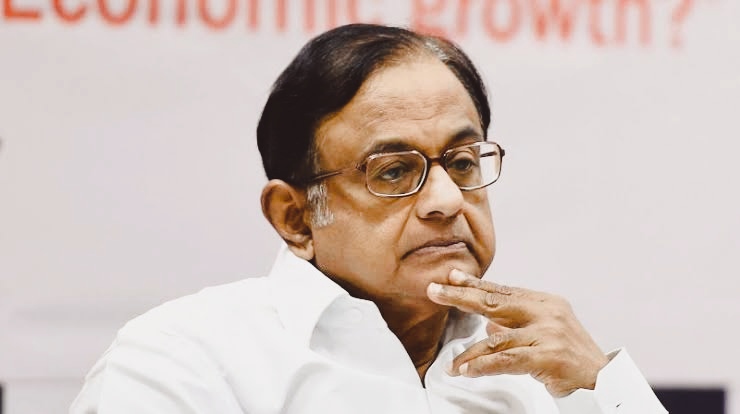New Delhi: In a significant move to protect the interests of consumers in the coaching sector, the Central Consumer Protection Authority (CCPA) conducted its first meeting of the Committee tasked with formulating guidelines for preventing and regulating misleading advertisements. The meeting, held on 8th January 2024, was presided over by Rohit Kumar Singh, Secretary of the Department of Consumer Affairs and Chief Commissioner of CCPA. The Committee discussed the draft guidelines aimed at curbing false claims regarding success rates, number of selections, and other misleading practices by coaching institutions.
The Committee, led by Rohit Kumar Singh, comprises key stakeholders, including the Commissioner (CCPA), representatives from the Department of Personnel & Training (DoPT), Ministry of Education, National Law University (NLU), Delhi, and notable coaching institutions such as FIITJEE, Khan Global Studies, and Ikigai Law. Lal Bahadur Shastri National Academy of Administration (LBSNAA) also actively participated in the meeting.
Rohit Kumar Singh emphasized the paramount importance of protecting consumer interests and highlighted the need for clear guidelines in addressing various aspects related to advertisements in the coaching sector. He reiterated CCPA’s commitment to safeguarding consumer rights and ensuring that no false or misleading advertisements contravene the provisions of the Consumer Protection Act, 2019.
The proposed guidelines, discussed in the meeting, will be applicable to all coaching institutes, irrespective of their online or physical presence, and cover all forms of advertisements. The guidelines aim to address misleading advertisements by prescribing conditions under which an advertisement by a coaching institute could be construed as misleading. This includes the concealment of crucial information related to the courses opted by successful candidates, the duration of the course, and more.
The guidelines specifically prohibit coaching institutes from making false claims regarding success rates, number of selections, and any other practices that could lead to consumer misunderstanding or compromise consumer autonomy and choice.
Additionally, the guidelines outline specific do’s and don’ts for coaching institutes when creating advertisements. Notably, coaching institutes are required to provide requisite information, including the rank secured by successful candidates, the course opted, the duration of the course, and whether it is paid or free, along with the successful candidate’s photo. The guidelines also explicitly forbid claims such as 100% selection or 100% job guaranteed without verifiable evidence.
The font and placement of disclaimers, disclosures, or important information in the advertisements are also regulated, requiring them to match the claim’s font and be prominently and visibly placed.
It was clarified during the meeting that penalties for misleading advertisements by coaching institutes would be governed by the Consumer Protection Act, 2019. The guidelines serve as clarifications to stakeholders, and violations will be subject to the existing provisions of the Consumer Protection Act, 2019.
The Committee, recognizing the urgency of the matter, emphasized the need to promptly issue the guidelines. The draft, as discussed in the meeting, is expected to be released at the earliest.
CCPA’s proactive stance against misleading advertisements in the coaching sector is underscored by the recent sou moto action taken against 31 coaching institutes. Notices have been issued, and fines have been imposed on nine of them for engaging in misleading advertising practices. CCPA has identified instances where coaching institutes deliberately concealed vital information about courses, duration, and fees while also making unverified claims of 100% selection and job guarantees.
In conclusion, the Committee’s efforts signal a significant step towards ensuring transparency and accountability in the coaching sector, ultimately protecting the interests of consumers and upholding the principles of the Consumer Protection Act, 2019.





